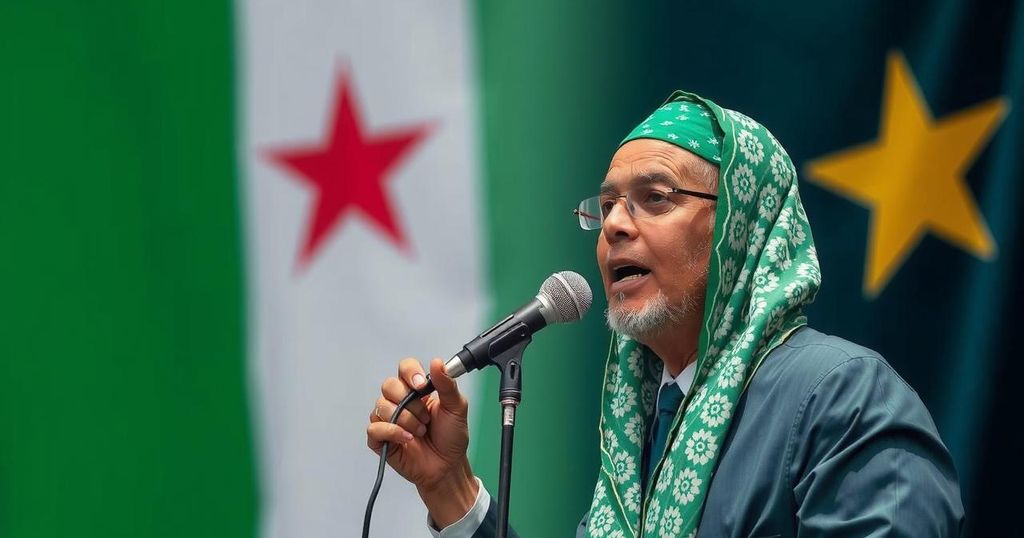Abdullahi Elected President of Somaliland, Aims for International Recognition
Abdirahman Mohamed Abdullahi, known as “Irro,” has been elected president of Somaliland, winning 64 percent of the vote against incumbent President Muse Bihi Abdi. This election, delayed for two years, is critical as Somaliland seeks international recognition and aims to address economic challenges. Abdullahi’s administration is anticipated to foster diplomatic efforts with Ethiopia and navigate complex regional dynamics with Somalia.
In a significant political shift, Abdirahman Mohamed Abdullahi, also known as “Irro,” emerged victorious in the presidential elections of the breakaway region of Somaliland, capturing approximately 64 percent of the votes. His main opponent, incumbent President Muse Bihi Abdi from the Kulmiye Party, received about 35 percent. This leadership change comes after a two-year delay in the election process, reflecting Somaliland’s ongoing quest for international recognition and a revitalization of its economy. The elections were marked by promises from both candidates to improve Somaliland’s economic stability and enhance diplomatic relations. Since declaring independence from Somalia in 1991, Somaliland has established its own governance and security apparatus, yet remains unrecognized globally. This lack of recognition has limited its international relations and economic development, restricting access to crucial financial resources and travel for its six million inhabitants. As President Abdullahi assumes office, there are expectations of renewed efforts to solidify international standing, particularly through a contentious agreement with Ethiopia that may provide the country with crucial sea access in exchange for support on recognition efforts. This potential alliance has raised concerns in Somalia regarding its sovereignty and may threaten regional stability, especially with Ethiopia’s involvement in peacekeeping missions within Somalia. Additionally, there is a cautious optimism surrounding the upcoming U.S. administration, which may reassess its longstanding recognition policies regarding Somaliland.
Somaliland declared its independence from Somalia in 1991 amidst ongoing conflict in the region. Since then, it has developed a stable political climate, contrasting sharply with the security challenges faced by Somalia. Despite establishing its own government and economic systems, Somaliland’s lack of international recognition hampers its ability to engage in global trade and finance. The recent elections reflect the region’s aspirations for legitimacy and support on the international stage. The political dynamics surrounding recognition involve complex relationships with neighboring states, particularly Ethiopia, as well as geopolitical shifts that may influence the region’s future prospects.
The election of Abdullahi as the new president of Somaliland signifies a pivotal moment for the region, as it embarks on a revised path towards international recognition and economic recovery. With significant support from the populace and a focus on improving diplomatic relations, Abdullahi’s administration could alter the political landscape in the Horn of Africa. The challenges remain formidable, particularly regarding Somalia’s response to these developments and the region’s overall stability in light of foreign relations with Ethiopia and potential U.S. policy changes.
Original Source: www.aljazeera.com




Post Comment